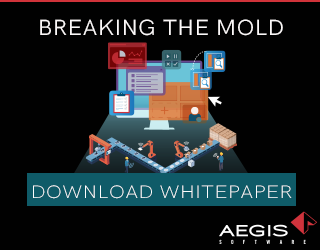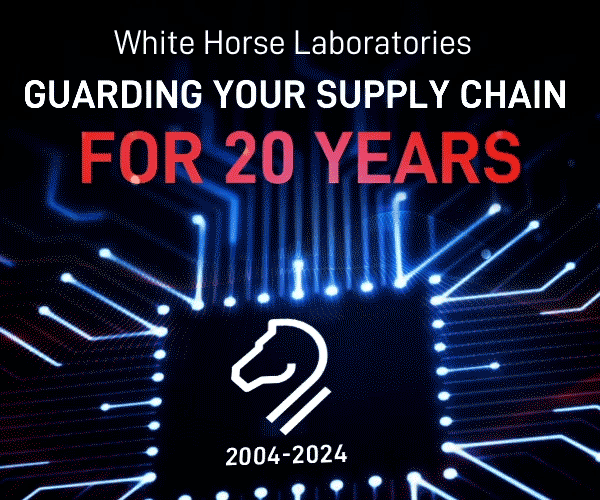IPC Concerned Over EEE Criteria in EU Sustainability Regulation
On September 27, IPC submitted comments to the Platform on Sustainable Finance, an expert advisory group of the European Commission, expressing concerns over proposed criteria affecting the manufacturing of electric and electronic equipment (EEE) under the EU Taxonomy Regulation. IPC worked with its Environment and Health Strategic Management Team and the Restriction of Hazardous Substances (RoHS) Industry Umbrella Project to prepare our comments.
The EU Taxonomy is a classification system for sustainable economic activities, intended to help steer investments toward the defined sustainable activities and the climate and energy targets of the European Green Deal. It also introduces reporting obligations for companies falling under the Corporate Sustainability Reporting Directive (CSRD), which IPC wrote about here.
Under the Taxonomy, the European Commission is developing a list of environmentally sustainable economic activities by defining technical screening criteria for each of six environmental objectives through “delegated acts.” The first delegated act, adopted in June, addressed environmentally sustainable economic activities that achieved climate change adaptation and mitigation objectives. A second delegated act is expected in 2022 for activities that achieve four other objectives: pollution prevention and control; transition to a circular economy; protection of water and marine resources; and protection of biodiversity and ecosystems.
IPC’s comments focused on three economic activities out of more than 100:
- The manufacture of durable EEE;
- The manufacture of circular EEE; and
- The resale and/or remanufacture of used EEE.
Our comments addressed the electronic manufacturing industry’s concerns over the granularity and clarity with which the activities have been defined; the technical feasibility of implementing the proposed criteria; and the criteria’s far-reaching ambition. We believe the criteria should be further considered and refined to reflect both the broader legislative and policy context – such as overlaps with the RoHS Directive and REACH regulation – as well as the complexity and range of electronics manufacturing. We also noted that some of the proposed criteria are unsuitable for commercial/professional and high-reliability electronics.
IPC will continue advocating for the electronics manufacturing industry as the commission continues its work in establishing international standards and definitions for a sustainable finance system.
Please let us know if you have any questions or concerns about this issue.










